Video Summary of “The Optimum Morning Routine,” Andrew Humberman Ph.D.
Andrew Huberman, Ph.D., is a neuroscientist and tenured Professor in the Department of Neurobiology at the Stanford University School of Medicine. He has made numerous significant contributions to the fields of brain development, brain function and neural plasticity, which is the ability of our nervous system to rewire and learn new behaviors, skills and cognitive functioning. See video description for additional BIO. All the text within this document is credited to statements made by Dr. Huberman during his interview with Jocko Willink.
Discussion: Science based practical advice for doing things better.
- There are 2 elements: Sleep and non-sleep deep rest.
Sleep and Waking Up
- Sleep is fundamental practice within our 24-hour cycle.
- Without sleep we are down regulating.
- One night of bad sleep isn’t a big concern.
- Goal: Get good sleep at least 80% of your nights.
- Every cell in our body has a Circadian Rhythm; a clock regulated by our genes.
- Sleep gets your body’s clock aligned.
- When your clock is out of alignment, your health is affected; makes it harder to think.
- If you wake up before the sun is up, turn on as many brights as possible, then when sun is up, get natural light as soon as possible, even if it is a cloudy/foggy day.
- Get at least 5-10 minutes of natural sunlight without sunglasses every day or most days.
- Practice getting natural light in your eyes within 1-hour of waking up.
- We are on a 24-hour cycle; light is what helps regulate cortisol – establishes what is called the Cortisol Pulse.
- The Cortisol Pulse sets our body’s temperature, rhythm, and motion. It sets your level of alertness, focus and mood. Get the cortisol pulse set as early as possible in the morning.
- A late start in the morning due to very little light or no natural light is not enough to set the Cortisol Pulse.
- Setting the pulse at noon or in the afternoon is known as the Circadian Dead Zone. This causes Cortisol Pulse to shift to later in the day. This is a signature of depression, anxiety, and difficulty falling asleep.
- If a person goes out in sun with sunglasses, it stops the “wake up” call to the brain. Avoid wearing sunglasses after you first wake up. Example: When driving to work.
- The light to the eye sends a signal to the Hypothalamus.
- Hypothalamus establishes when the Melatonin will be released about 16 hours later.
-
The 24-Hour Cycle: Day = Cortisol = Awake, Night = Melatonin = Asleep
-
A person can get bright light from electronic devices after waking up, but it isn’t enough.
-
We need photons for sunlight.
-
If in an area where bright light is limited, get an inexpensive LED light box [portable photo shooting box is what was used in the video]; you don’t have to buy a daylight simulator, find a light box, put it on your desk and look at for a few minutes in the morning, then when the sun is out, get outside and get some sunlight.
-
The signal to the eye to the Hypothalamus also triggers Dopamine.
-
Dopamine’s main role is to drive motivation, craving and pursuit.
-
Dopamine manufactures adrenaline – Dopamine is not the molecule of pleasure.
-
Sunlight makes you feel good. Important in animals. Affects testosterone in animals.
-
People who get 20-30 minutes of light on their skin three times a week (based on a study where people wear sleeveless, no hat, no sunglasses, wore shorts) had an increase of testosterone in men and estrogen in women. Increased the human sex hormones. Increased Dopamine.
-
During the winter months, a person needs to double or triple the amount of time outside. Instead of 10 minutes, make it 30.
Caffeine and Exercise
- Autonomic Nervous System –Sympathetic (Feed/Breed) and Parasympathetic (Rest/Digest)
- Adenosine is created and builds up while we are awake.
- Adenosine turns on the Parasympathetic System and suppresses the Sympathetic System.
- While we sleep the Adenosine is pushed back down.
- How does coffee/caffeine affect adenosine?
- If you wake up and are still tired that means you still have adenosine in your system.
- Coffee blocks Adenosine and makes you more alert, but when the caffeine wears off, adenosine binds to receptors, and you get an “afternoon crash.”
- Recommendation or useful practices for a “No Crash – Stay Awake” afternoon: Delay having coffee 60 to 90 minutes after waking up. Let the adenosine reduce to the lowest before having any caffeine. If it is hard to delay your coffee in the beginning, try to start pushing the coffee out 15 min per day until you reach your goal. Exercise in the morning can clear out the adenosine.
Temperature
- How does temperature affect sleep? Why do we wake up when we do?
- Your temperature naturally rises during sleep and triggers cortisol which is what wakes you up.
- The Cortisol Pulse peaks about 2 hours after you wake up. The body temperature continues to rise and peaks around 2 or 3 in the afternoon (temp max).
-
Temperature then starts to drop which is why you are triggered to get sleepy and fall asleep.
-
It is important to sleep cooler at night.
-
When your body temperature goes down, you get sleepy and stay asleep.
Cold Water
- Why is cold water good for us?
- Making the surface of your body cold or doing exercise causes the core body temperature to go up; it increases body temperatures and wakes the body up.
- Ice water baths/immersion or cold showers can increase body temperature. (One study had people in 60 degrees water for 1 hour or 40 degrees water for 20 seconds.)
- The shock caused by these methods is called Adrenaline, which tells the Locus Coeruleus in the brain to tell the body and brain to WAKE UP ! There is a benefit to the body and the brain getting this type of shock; there is an alignment that happens between the two parts.
- The cold water is shocking. The first 30 seconds are tough, but it passes. Good if you can get 1 to 3 minutes in the 45-degree temp. Whether the longer 60-degree bath or shorter lower temp bath, the dopamine increases greatly, doubling or more.
- The amount of pleasure eventually experienced is directly related to how much pain you experience.
- Note: Dr. Anna Lembke, author of Dopamine Nation, describes a patient that was able to reduce and end a cocaine addiction due to an effective amount of dopamine experienced doing cold water baths. [You may need to read the books to learn more.]
- The Mood Enhancing Effect is real.
Mood Enhancing Checklist
- Dopamine, temp increase, light, and exercise create a “summertime” feeling inside us regardless of where we live.
- If we don’t get these things, we can be in a place that is summertime, but be in a wintertime mode. We create a wintertime inside our body; health, energy and mood go down.
- Getting what you need earlier in the day will help you get a summertime mode inside your body which will help health, energy, and mood increase.
- (Dr. Huberman did mention that afternoon exercise also has some important benefits but did not go into that.)
For additional information go to Humberman Lab >
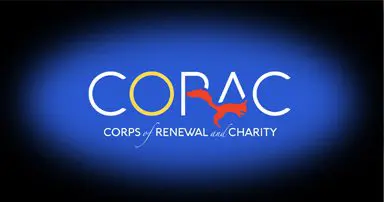




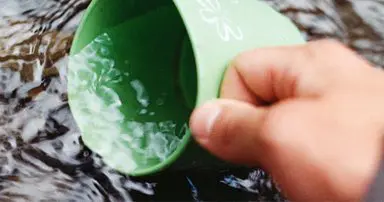
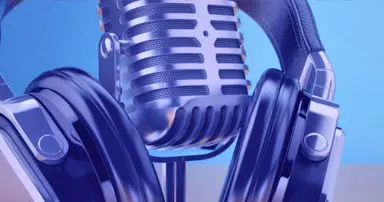

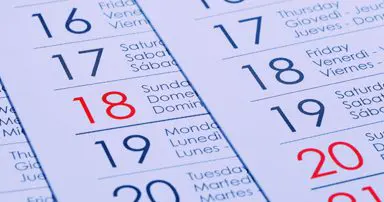
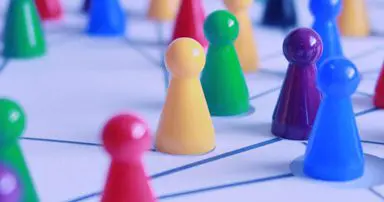




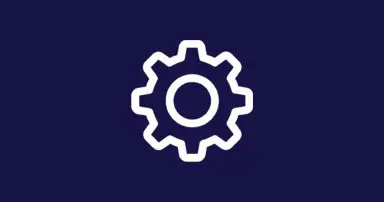

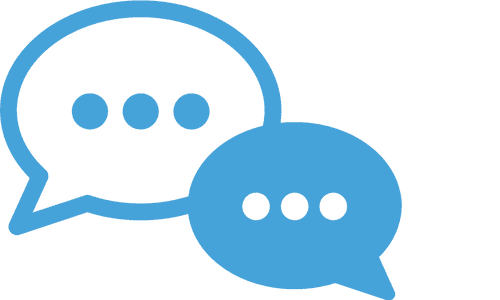


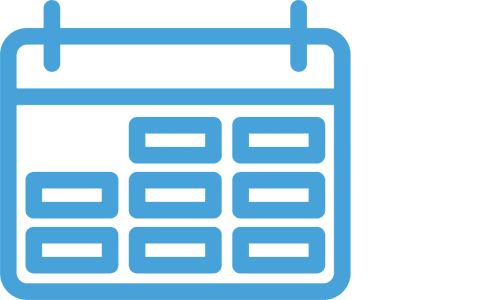





0 Comments